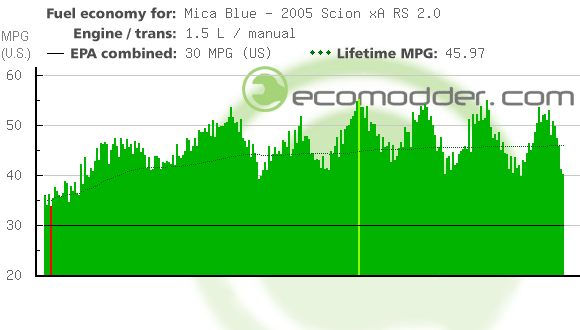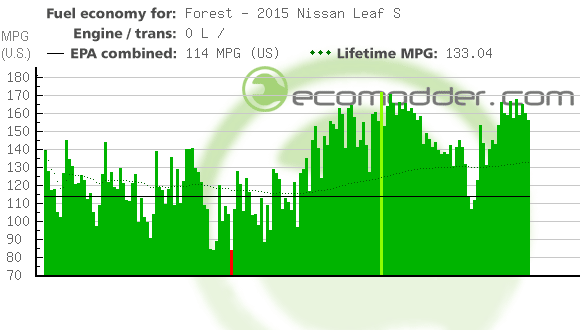Aidan said:
Excellent perspective however night charging at home will beat the cost n time to fill up ...for convenience anyways

It seems that this discussion of fueling has two sides, which rarely get discussed in the same breath.
One the one hand, the holdouts are shouting that they will not - no,
cannot switch to EV until QC is as fast as filling a tank with gasoline.
On the other hand, the enthusiasts are countering that most fueling is done at home, and is
far more convenient, today, than gasoline.
The truth is, DCQC is absolutely necessary for EVs to go mainstream. But, IMHO, they don't need to match gasoline for fueling times to have a net increase in convenience. Tesla is already there today - the daily home refueling + supercharging network gives most owners more convenience than a weekly trip to the gas station + 10 minute fueling stops when traveling. The thing is, nobody seems to realize this except current owners. So how do you convince others to try it for themselves?
IMO, ~250kW is where we need to get for passenger vehicles. At this rate, in 15 minutes the chargers can nominally push 250kW * 0.25h = 62.5kWh into a battery (assuming the battery can handle it). That would take an EV an extra 200+ miles. I think I could convince a lot more people to try an EV if the story is a 15 minute stop every 200 miles. Compare that to the Bolt - a 30 minute stop every 90 miles (per GM's marketing). That's a harder pill to swallow for the uninitiated. For me? That's perfectly fine. With a single 30 minute stop, I can travel 238 + 90 = 328 miles? Perfect! That's basically the farthest I ever drive anyway.













